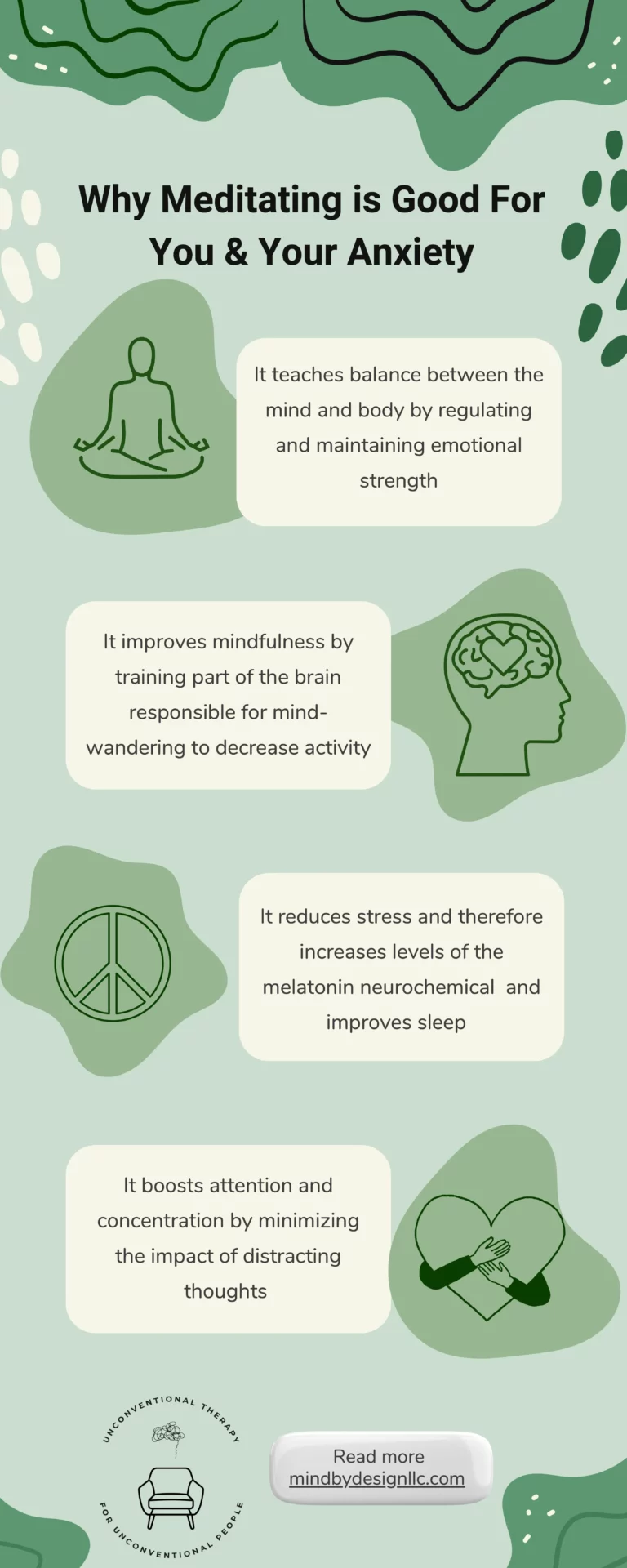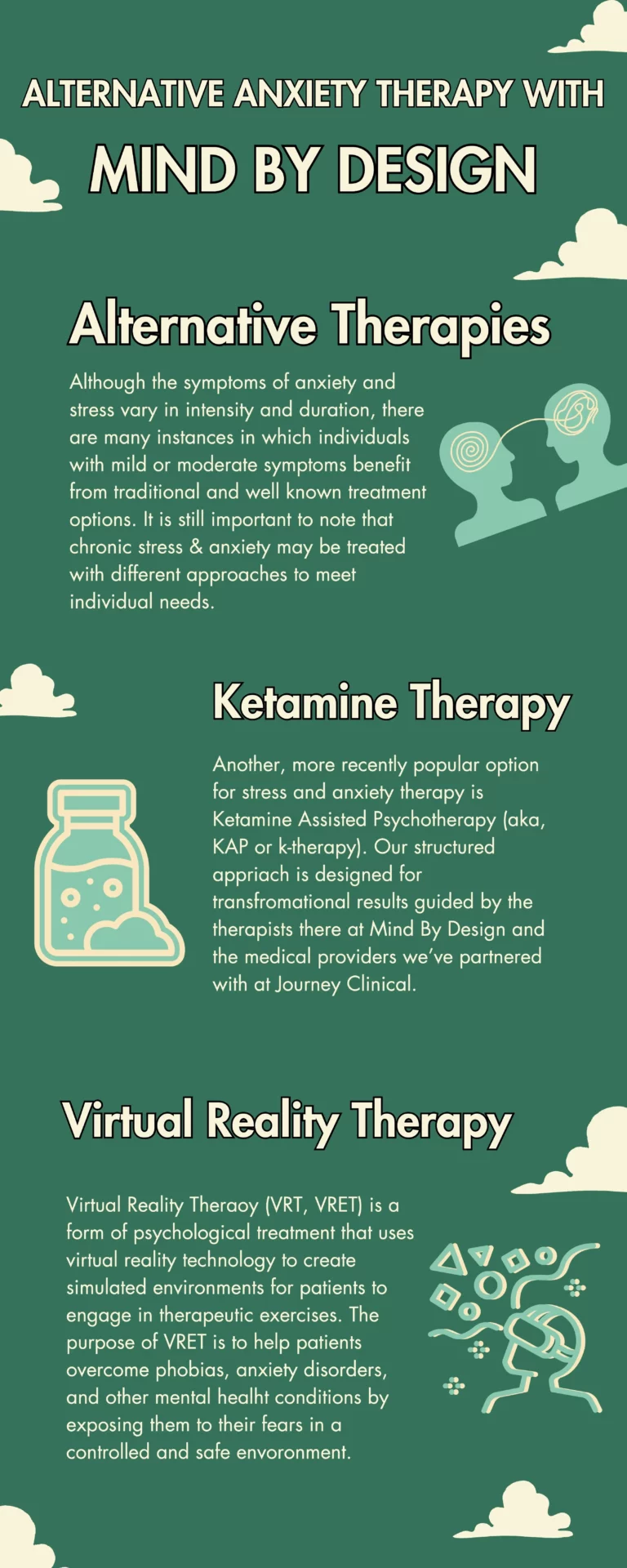The Paradox of
Pain & Personal Growth
Leave Your Info
Meet Our Team
It’s not uncommon to hear stories about people overcoming seemingly insurmountable challenges and using those challenges as fuel for growth. e often hear of profound personal growth. This paradox shows us how adversity can be a catalyst for positive personal development in some cases. That’s not to say that there is also a pitfall of this perception known as ‘toxic positivity’. finding the balance between making the best of a tough situation and ignoring the fact that things are tough is a unique experience in which only the person living the experience can make.
Cultural Views on Adversity & Personal Development
There’s a unique view of adversity in our culture in America in which we see adversity as something that we must overcome to be a better individual, that adversity is an opportunity for personal development. This perspective is deeply embedded in societal narratives and is reflected in popular media and literature.
The “Hidden Brain” podcast sheds light on the stark contrast between American optimism and global realism in facing adversity in the episode “Healing 2.0: What We Gain from Paine”. In American culture, there’s a strong narrative of overcoming challenges and emerging stronger, a view that is often celebrated and idealized. This optimism, while motivating, can sometimes lead to a minimization of the pain and struggle involved in adversity. In contrast, many other cultures adopt a more realistic approach, focusing on collective resilience and the importance of establishing a sense of normalcy after trauma. This really emphasizes the value of community versus individuality, and the acceptance of adversity as a part of life, rather than an opportunity for individual triumph.
Resilience in Mental Health
We see resilience in mental health as the ability to not only recovery from adversity, but ‘bound back’ or ‘return to homeostasis’.Resilience is our involves the ability to adapt to change and challenges. Having resilience leads to better coping skills, more self-awareness and a deeper sense of fulfillment in life, for both the up’s and the down’s. Those who experience resilience often find a sense of empowerment and personal growth in the face of adversity.
However, this concept of resilience leaves opportunity for misinterpretation and ‘toxic positivity’. Misinterpretation may look like glorifying suffering, where individuals may feel pressured to find positive outcomes in every challenging situation. It may also look like invalidation of genuine feelings of pain and a pressure to be able to ‘get over it’.
The Role of Privilege in Overcoming Challenges
In the context of adversity and personal growth, it’s crucial to consider the role of privilege. Privilege, in various forms – be it socioeconomic, racial, gender-based, or related to physical and mental health – significantly impacts an individual’s capacity to overcome challenges and grow from them.
Access to Resources & Support
Privilege often dictates the level of access one has to resources and support systems. Those with more privilege may find it easier to navigate adversity due to better access to financial resources, education, healthcare, and social support networks.
The Responsibility of Privilege
Understanding the role of privilege in overcoming challenges also brings responsibility. It calls for a greater empathy and awareness in how we view resilience and personal growth in others. Recognizing that not everyone has the same starting point or the same set of tools to deal with adversity is crucial in fostering a more inclusive and supportive society.
Perception & Validation of Struggles
Privilege also influences how society perceives and validates different struggles. Certain adversities might be more socially acknowledged and sympathized with, depending on the individual’s background and status. This societal validation can play a significant role in how individuals process and grow from their experiences.
The Intersection of Privilege & Resilience
While resilience is often praised as a personal virtue, it’s important to recognize that the ability to be resilient is sometimes contingent on one’s privileged position. For instance, individuals from marginalized communities might face systemic barriers that make resilience more challenging, not due to a lack of personal strength, but because of the disproportionate hurdles they face.
The Role of Mindset in Resilience & Personal Development
Balancing Realism and Optimism
In navigating life’s adversities, striking a balance between optimism and realism is crucial. Optimism empowers us to see potential growth in challenges, as highlighted in the “Hidden Brain” podcast. However, an overly optimistic view can sometimes overshadow the reality of the situation, leading to unrealistic expectations and potential disappointment. Realism, on the other hand, involves acknowledging and accepting the difficulties and pain that come with adversity. This acceptance is vital for genuine healing and growth. It’s about finding a middle ground where one can remain hopeful and positive about the future while also being grounded in the reality of the present situation.
Embrace the Journey towards Personal Growth
Although adversity may present an opportunity for personal growth, not all adverse experiences must lead to transformation. Finding a balance between distorted negative thinking and overly positive thinking both can lead to an avoidance of reality, which hinders genuine personal growth. Therefore finding a balance that honors your personal experience may foster a balanced mindset.
Leave Your Info
Follow Us on Social 😊🧠
FAQ's about online therapy at Mind by Design | NJ
How do I get started as a new client?
New Clients can reach out to us directly via call, text or email here:
What is your cancellation policy?
We ask that clients provide at least 24 hours notice in the event that they need to cancel to avoid the 50% cancellation fee. we understand that life happens and do our best to be flexible & reschedule.
Does my insurance cover my visits?
We provide”Courtesy Billing” for clients who are using the Out-of-network insurance benefits.
Our Insurance Page shares a small blurb about Why We Left Insurance Panels
Do you offer traditional talk therapy?
of course! though we have some unconventional therapy approaches, we are rooted in evidenced based practices. Talk therapy is a major player in the therapy room! See What we Treat and Integrative Services for more information
Is Online Therapy As Effective As In-Person Therapy?
Online therapy is essentially face-to-face counseling, just conducted remotely. Studies show that teletherapy is as effective as traditional counseling. Professional organizations and state governments recognize its benefits and have set regulations for it. However, like any therapy, its success in achieving your goals isn’t guaranteed. It’s important to discuss with your therapist whether teletherapy is working for you.
Can I Change Therapists If I'm Not Happy?
Yes, you can switch therapists to another provider within the practice, or we can provide you a referral if preferred. We want to ensure that your time and effort are well spent, and that you are getting the relief you need, that’s why we work collaboratively with each other in the practice, as well as outside therapists who we know and trust.
How Do I Know If Therapy Is Helping?
You should feel like you’re making progress. Signs it’s working include:
Feeling comfortable talking to your therapist
Your therapist respects boundaries
You’re moving towards your goals
You feel listened to
You’re doing better in life
Your self-esteem is getting better
Is Online Therapy Easy to Use for Non-Tech-Savvy People?
Yes, it’s pretty simple to access sessions. You’ll need basic internet skills, such as opening and visiting the patient link sent to you via email. It’s similar to video chatting like Facetime or Zoom. We can also walk you through it on the phone the first time to ensure a strong connection
What Questions Should I Ask My New Therapist?
Feel free to ask anything. Some good questions are:
- How often will we meet?
- What do you specialize in?
- What experience do you have with my issue?
- What outcomes can I expect?
- How will I know I’m progressing?
- How long do you usually work with clients?
- How will we set my treatment goals?
How Should I Prepare for My First Session?
Showing up is all that you need to do! But if you really want to get the most out of session, it could help to take some time to think about what you want from therapy. It helps to write down your goals, questions you have or things that you feel are important to share.
What is the difference between associate therapists & fully licensed therapists?
Our Qualifications:
Our founder, Rebecca Sidoti, is a highly qualified, state-licensed therapist and supervisor with extensive training in anxiety related disorders and innovative treatment such as Ketamine Therapy. Mind by Design Counseling adheres to standards set by the our governing counseling boards.
To see each providers credentials, training and licenses, visit our “Meet the Therapists” Page to learn more.
- LAC/LSW are therapists who may practice clinical work under the supervision of a fully licensed therapist.
- LPC/LCSW are therapists who have completed the necessary clinical hours post-graduation under supervision and can practice clinical work independently.
What Geographic Areas Are Served?
Currently, we serve clients in New Jersey and are expanding to other states as telehealth laws evolve. While telehealth offers the convenience of attending sessions from anywhere, state laws require clients to be in-state during their session.
Is Virtual Counseling Suitable for Everyone?
Online therapy might not be as effective for individuals with chronic suicidal thoughts, severe trauma, significant mental health history, or those recently in intensive care. Such cases often benefit more from traditional, in-person counseling. We’ll help you decide if our online services are right for you during your intake and evaluation.
What Equipment is Needed for Online Therapy?
To join a session, log in using the credentials we provide. No downloads are needed. Our platform, compatible with both individual and group sessions, requires:
A computer or mobile device with a webcam and internet access.
We’ll help you test your setup before your first appointment to ensure a reliable connection. iOS users should use the Safari browser for mobile and tablet sessions.
What Questions Will Therapists Ask Me?
It depends on your goals. Expect questions about your thoughts, feelings, relationships, work, school, and health. They’ll ask to understand your therapy goals.
How Do You Keep Client Information Secure?
Security and Confidentiality of Sessions:
Your privacy is crucial to us. We use TherapyNotes, a HIPAA-compliant platform, ensuring secure and confidential teletherapy sessions. This platform’s security features include encrypted video connections, secure data transfers, and encrypted databases, ensuring your information is safe at all times.
What is VRT used for?
we use VRT to support Exposure Therapy, a long standing traditional therapy modality to treat phobias, anxiety and stress. we send a headset directly to your home so you can access VRT from anywhere.
VRT not only helps with exposure therapy for phobias, but is great for ADHD, mindfulness, PTSD and social anxiety.







